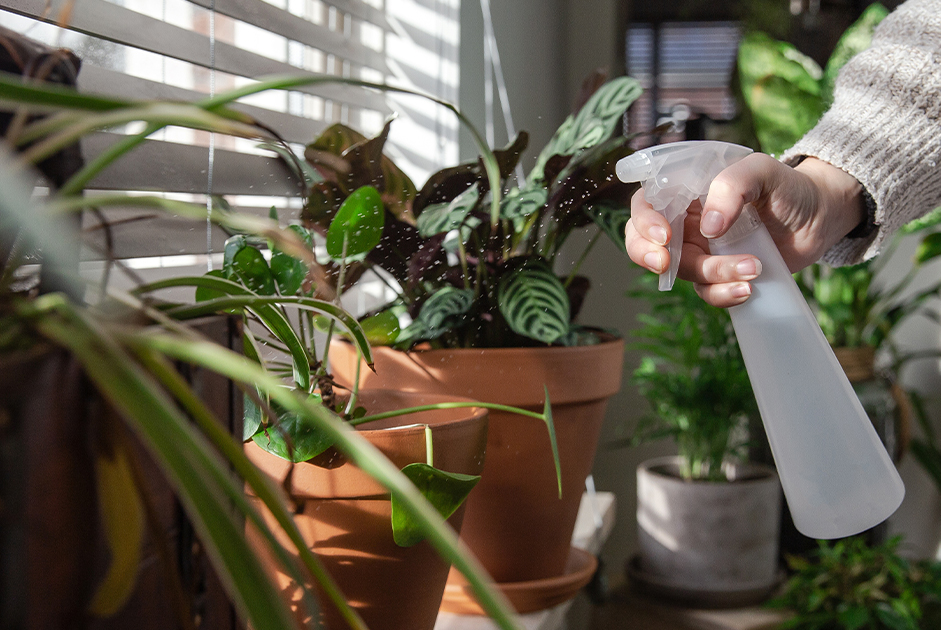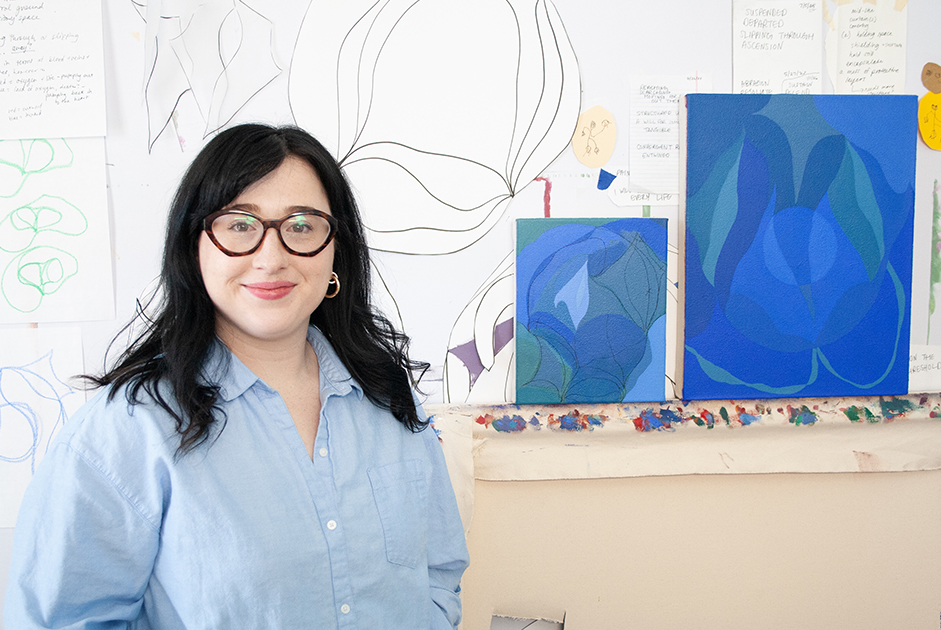by MEGAN TAYLOR
According to grammarly.com, the word “sequoia” is often considered to be the most beautiful word in the English language with “euphoria” coming in as number two. Other polls and websites found that the words “sibilance” and “labyrinth” are the most beautiful. As you can see, there are many different versions and opinions on what word deserves this accolade. However, we can all agree on one thing – the English language is beautiful and unique.
Have you ever read or heard a line that stops you in your tracks because of the melody of the words? The English language is made up of millions of words that are created through a combination of letters and sounds, that at times may not even seem possible. Did you know that “enneacontakaienneagon” is actually a word? It can be defined as a shape with 99 sides. These expressions all have a purpose, a meaning. Some are direct and to the point, while others are poetic. Words can be used figuratively or literally. Threaded together, they are turned into memorable sayings, sentences, paragraphs, stories, and much more. They give details and open doors to new worlds and forms of communication, positively and negatively. In the end, let’s face it – words have power. They are magical and have the ability to change perspectives and thoughts.
The English language has always fascinated me. I guess that is why you can say I am an English Language Arts teacher. I love guiding students and myself to a deeper understanding of a sentence or paragraph’s meaning. This can oftentimes be challenging, as English is one of the more difficult languages to learn, compared to the Romance languages, such as Spanish and French. It is a blending of Anglo-Saxon dialects, Latin words and dialects, and dialects from southern Denmark and the Netherlands. Add in structure, grammar, phonemes, odd rules, and inconsistencies – the language is tough. For example, the word “be” and “bee” both sound the same, but are spelt differently with two different meanings. A person can go their entire lifetime without knowing all of the words in the English language. Yet, there are a few fun facts that help show the intricacies of the language.
- “I am” and “Go!” are the shortest complete sentences.
- A pangram sentence consists of all 26 letters of the English language.
- Just to add to the complexity of the language, there are ghost words. This type of word was created due to a printing error in the dictionary and is nonexistent.
- A new word is added to the dictionary every two hours, making 4,000 new words by the time the year ends.
- Crutch words have no meaning or provide no value when added to a sentence. We repeat them often. Examples include “honestly,” and “basically”.
- Pilots have to use English to speak and identify themselves, no matter their native language.
- The most commonly used letter is “e”. 11% of the language is just this letter.
- Currently, only two words end in “-gry” – “angry” and “hungry”.
- Also, there are only four words with the ending “-dous” – hazardous, horrendous, stupendous, and tremendous.
- “Long time no see” is said to be a literal translation of a Native American or Chinese phrase (origins unknown) and is not grammatically correct.
- The word “happy” is used three times more often than “sad,” making English one of the happiest languages in the world.
- 67 countries have stated that English is their official language.
- Some of our words were invented by William Shakespeare. This list includes blushing, birthplace, lackluster, bandit, swagger, uncomfortable, and many more. We can also thank Shakespeare for phrases, such as “in a pickle,” “love is blind,” and “wild goose chase”.
The English language is full of twists and turns. It is composed of words that take our breath away with individualized sounds. So, the next time you read something, whether a book, magazine article, or a short description, stop and reflect on how a few simple letters can create such meaning and take on a life of their own.



















